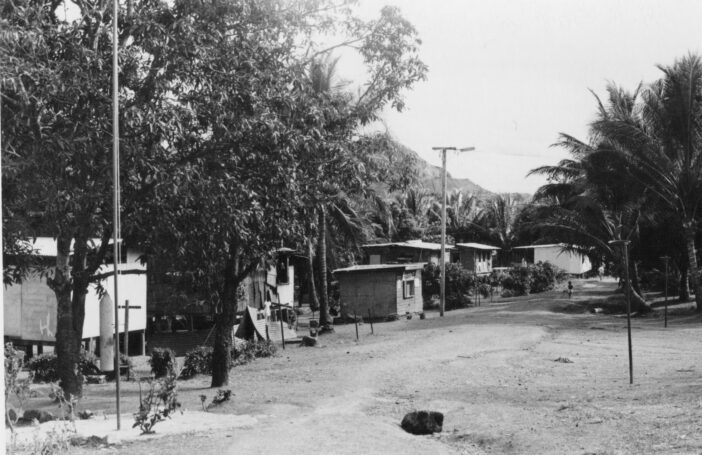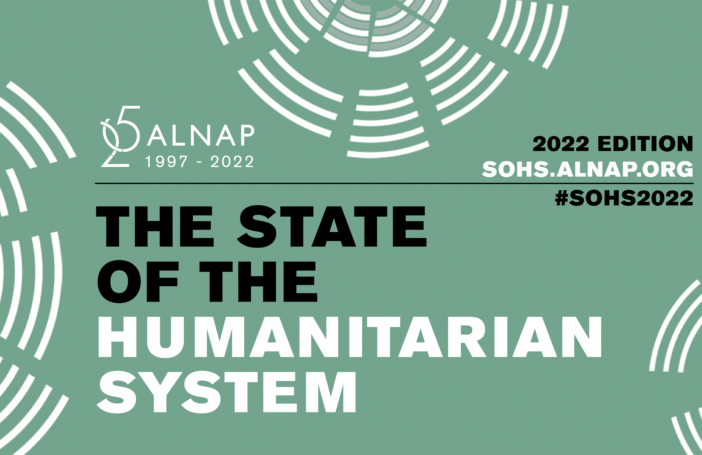In this podcast [25mins] from ABC’s The Philosopher’s Zone, Princeton philosopher Harry Frankfurt argues, controversially, that inequality is not (or should not be regarded as) a moral question. Rather, “what’s important is not that people are unequal, but that some are poor and can’t lead decent lives.”
The release of the report from the High Level Panel on Humanitarian Cash Transfers has shaken up the humanitarian and disaster relief world over the last two weeks. As Panel Chair Owen Barder writes, unconditional cash transfers — while not always the best option — often offer significant benefits over in-kind aid in terms of response time, costs, transparency, and accountability. As such, he suggests that in future the default question should not be, “Why cash?” but rather, “Why not cash?”
There are still plenty of money woes in the sector, though. Although some $4.1 billion was pledged to assist Nepal in recovering from this year’s devastating earthquakes, the government has yet to begin spending any of these funds. The National Reconstruction Authority’s tentative October start date will be little consolation for those many thousands still living in tents as winter approaches.
The management of development assistance is also the subject of new research published in the Asia & the Pacific Policy Studies journal (open-access). Based on a set of comparative case studies, authors Maya Schmaljohann and Annalisa Prizzon report that the governments of PNG, Fiji, Timor-Leste, and Vanuatu prioritise capacity-building for government officials, ownership, and enhanced coordination between an increasing number of development partners operating in the Pacific.
For fans of elegant charts relaying the state of development, Our World in Data is great. Some of their charts pertain to declines of violence across time. One aspect of the decline is particularly controversial: the so-called Long Peace Hypothesis that argues humans have, since World War II, entered into a phase of much less war. Needless to say this is contested. In two posts David Roodman offers an excellent primer, and comes away mostly convinced the hypothesis is tenable.
Once you’ve recovered from the shock of the first paragraph, which reveals just how little a certain aspiring Republican US presidential candidate knows about the Middle East, this is a helpful guide to how Hezbollah, Hamas and a range of other groups fit into the region’s geopolitics.
Ever heard of Taro Island? This Solomon Islands community of around 600 residents, and the capital of Choiseul Province, may soon acquire the dubious distinction of being the first provincial capital in the world to be abandoned due to climate change.
It’s an older article, but this New Yorker piece offers a harrowing take on life in a Jordanian refugee camp. (In case you feel prompted into action, a list of ACFID members working on the Syria crisis is here.)
The New Yorker also has a sad but beautiful piece on the travails of the women entrepreneurs of Haiti; women who comprise much of the country’s informal economy.
Lastly (and perhaps just when you thought we were finished with helminths) Kenyan researcher Charles Mwandawiro seeks to put the War on Worms to bed once and for all.




Great selection, as usual, but I would be pretty wary of claims that islands are being flooded due to climate change. The article you cite has I think one mention of seismic activity, and a subtle suggestion that it might be implicated in the inundation, but surely that is probably be the main reason to date. Not to say that climate change isn’t a problem, but this sort of journalism is more advocacy than analysis.